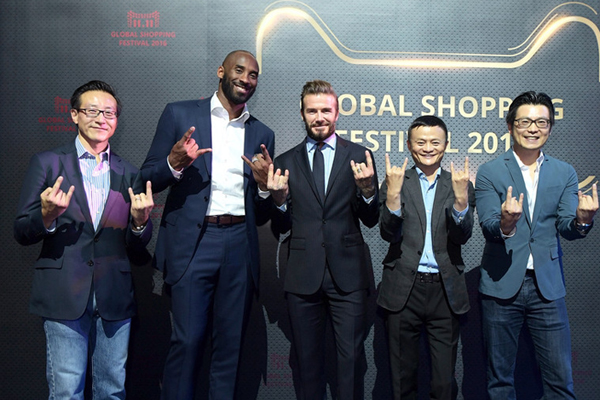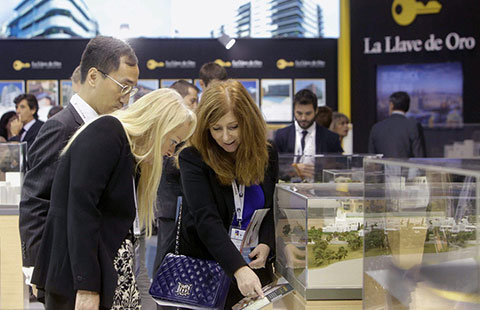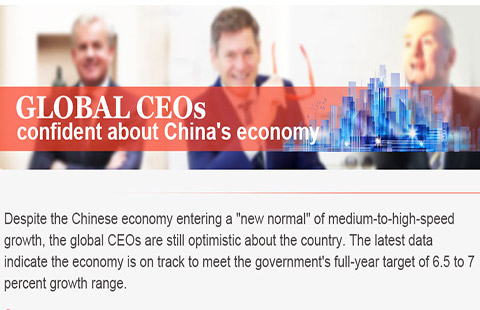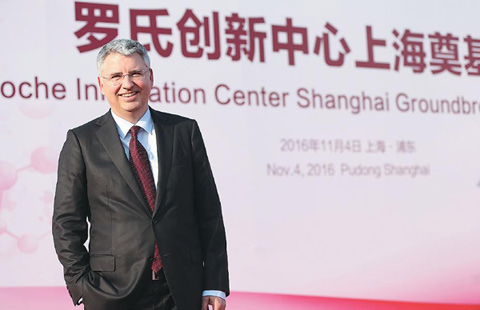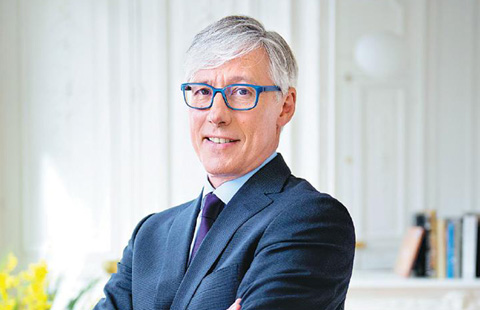Parks look for growth catalyst
 |
|
The office of a tech park in Skolkovo Innovation Center, Moscow. [Photo/Xinhua] |
Both nations see huge potential to develop expanding scientific and tech centers
As the two countries agreed to push the coordination of the Eurasian Economic Union and Belt and Road Initiatives, Chinese science and technology parks are now seeking opportunities in Russian markets.
TusPark, a science park under Tsinghua University, didn't want to miss the opportunity. After signing a strategic cooperation framework agreement with Skolkovo Technology Park, witnessed by Premier Li Keqiang and Russian Prime Minister Dmitry Medvedev in 2014, TusPark is maintaining close connections with its Russian counterpart.
Yuri Saprykin, vice-president of the Far East division of Skolkovo, told China Daily cooperation with Chinese science parks has already started, as they have signed agreements with both Z-Park and TusPark allowing companies from either park to use Skolkovo as a window and gateway to the Russian high-tech market.
Moreover, science park cooperation is expected to evolve as he said a joint investment for a science park in Moscow is being planned, and will be further discussed in the coming meeting of the two prime ministers in November.
Medvedev said the country has carried out a major innovation project in Skolkovo, which is claimed to be the largest science park in Europe, and has already had cooperation and dealings with Chinese science parks and high-tech companies.
In late September, he said, the country welcomed foreign investors. "Now in Moscow there are 26 science parks, and a number of science parks operate in other places," he noted. "Still advanced knowledge and equipment from other countries are needed, and different models and forms of innovation from different territories, such as special economic zones, scientific parks and innovation clusters from China and other countries, are needed."
Saprykin revealed Chinese companies, such as TusPark and Z-Park, had both shown great interest in the Russian market, and started negotiations with Russian local high-tech startups.
Herbert Chen, vice-president of TusPark, said China and Russia enjoy a great potential of cooperation in the field of science parks with their various advantages as political relations push broader bilateral cooperation.
Chen said the international business strategy of TusPark is made under the reference of China's Belt and Road Initiatives, and their strategy has been more friendly to Russian markets in recent years.
"Chinese science parks have established connections with Russian parks over the past 10 years, and Russia has been a key area when making the international strategy," he said.
"In the future there will be more Russian elements in their plan."
Zheng Xiaodong, managing director of international operation of Z-Park, said there is huge potential of innovation cooperation between China and Russia.
"On one hand, such cooperation has gained full support from both governments in the policy aspect," Zheng said. "On the other hand, both sides are actively seeking a new direction of opportunities."
"In the past the direction was energy cooperation, and then military cooperation, now we can see more cooperative points in innovation," he said.
"We can't ignore the fact that the current excellent Sino-Russian relations and policy support from governments help to boost our business links with China," Saprykin said. "But as a businessman, we prefer saying that we want to cooperate with China because we really see lots of potential, and there will be a win-win for both countries."







